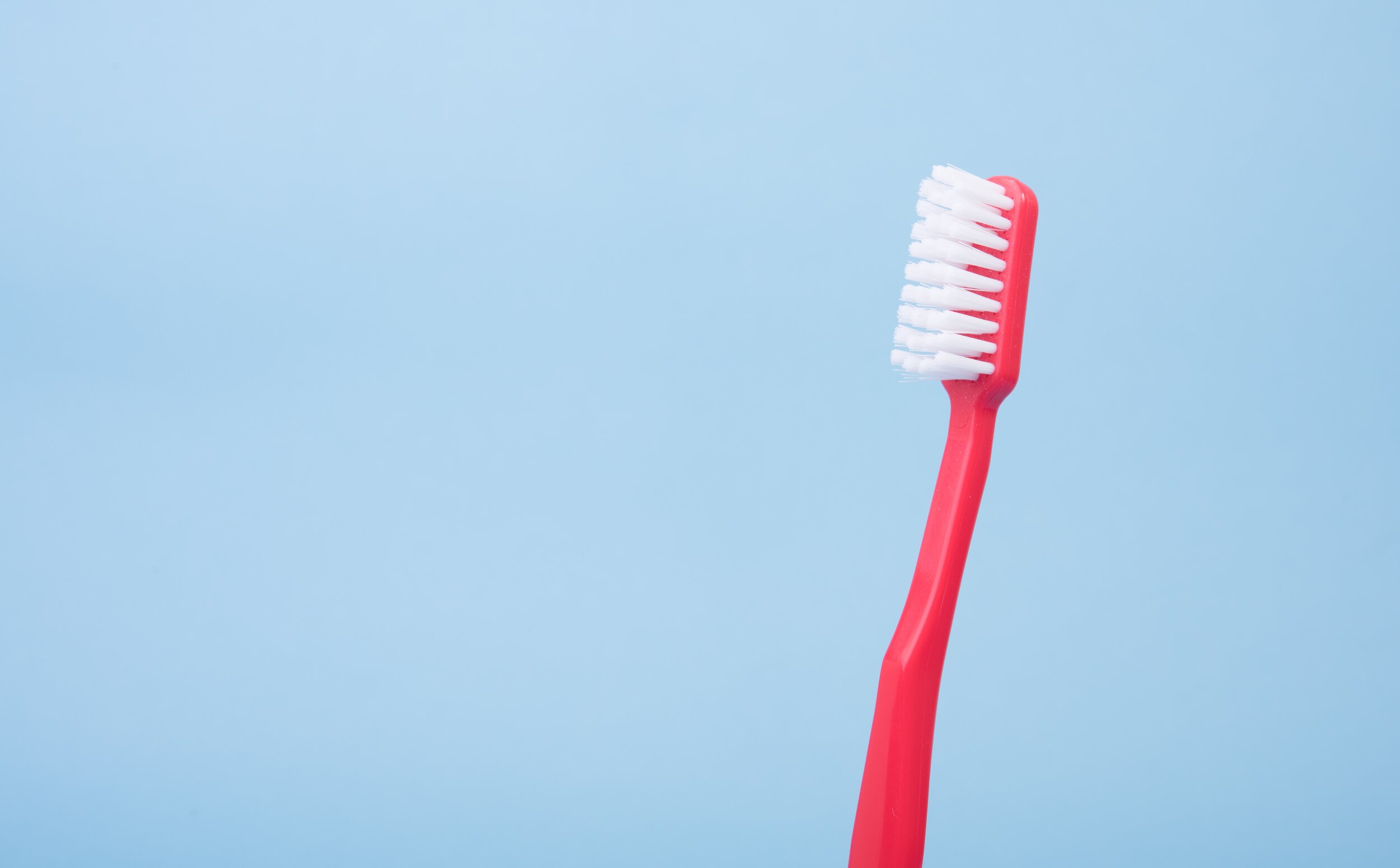Oral and Dental Health for Seniors
Family Care articles are not a substitute for medical or legal advice from a licensed professional.
Your dental and oral health stays important throughout your life—in fact, as you get older, there are more things to watch out for. Nearly 1 in 5 Americans over the age of 65 have lost all of their teeth. Dental care is an important way to keep your teeth healthy, but also to catch or prevent other conditions from developing.
Monitor Your Mouth for…
More frequent cavities
Many factors contribute to increased risk of cavities in seniors. Years of eating and drinking, dry mouth, and changes in enamel and dentin are just some of the things that leave older people at greater risk. Watch for sensitivity, tooth pain, and any new staining or pitting in teeth. Dry mouth in particular can be a side effect of new medications or a developing medical condition. Because saliva acts as a “natural cleaner” for your teeth, losing that extra bit of help can cause more frequent problems.
Oral cancers
Oral cancer is most commonly diagnosed in adults over the age of 40, with an average age of 62 at diagnosis. You may be at increased risk if you are or ever were a smoker, or have had extreme exposure to the sun in your lifetime. Watch for sores, lumps, thickened skin, pain or stiffness (especially when eating), and red and white spots in the mouth. If a spot changes in appearance or size, that is a sign to see a doctor immediately.
Root decay and gum disease
Gum disease (periodontitis) occurs when the gums develop infected pockets, which fill with bacteria. This often contributes to tooth loss and other infections. The most common cause of gum disease is a lack of regular oral care. People with chronic diseases are also more likely to develop gum disease. Watch for swollen, tender gums, bad breath, pain when chewing, loose teeth, and receding gums.
If the gums recede far enough, they can expose the teeth’s roots. Since a root doesn’t have as much protection as the crown of the tooth, a root cavity can form quickly. Root decay can cause other complications, which makes preventative care very important.
Thrush
Thrush, a fungal infection in the mouth, is most common in infants and the elderly. It can form because of poor oral care, but also can be caused by dry mouth, a new course of medication, cancer treatments, dentures, or smoking. Thrush is usually easily treated with an antifungal medication. Watch for white patches, loss of taste, and burning or redness in the mouth.
Proper Dental Care for Seniors
At-home preventative care
Experts recommend brushing your teeth at least twice a day, flossing at least once a day, and using an antiseptic mouthwash at least once a day.
Routine dentist visits
Dentists recommend getting a teeth cleaning at least twice a year. Some nursing care facilities have an in-house dentist, who will schedule regular appointments. If you are a home healthcare patient, your nurse might be able to help you find a dentist and make an appointment.
If you are experiencing any of the symptoms listed above, you should mention those to your dentist during your visit. They will be able to address any concerns, and refer you to a specialist if necessary.
Denture care and cleaning
Just like teeth, dentures should be cleaned at least twice a day with a soft brush and dental cleanser. While most dentures must soak overnight, that solution is not enough to fully clean food and bacteria.
Dentures should be removed overnight and stored in a safe place. If your dentures soak overnight, it is important to rinse them before putting them back in your mouth—most solutions are not designed for direct contact with your gum tissue.
Caring for dentures is not a replacement for caring for your mouth! Dentures put you at a higher risk of some oral health problems, particularly if you have partial dentures. This means routine oral care is even more important.
Oral care and dementia
Dementia and other cognitive impairments can make it difficult for a person to remember to brush their teeth, or brush their teeth properly. If you are a caregiver for a person with dementia, you can:
Set a timer to ensure they brush for long enough.
Offer advice to ensure they brush all parts of their mouth.
Watch their toothbrush for signs of wear, and replace it regularly.
In some cases, a person with dementia may lose the ability to brush their teeth for themselves. In that case, you may have to do the brushing for them. It is important to be calm and gentle when brushing for someone else. It may also be helpful to talk about what you’re doing as you’re brushing. You may have to support their chin, or encourage them to open and close their jaw. If your loved one has a care team, you should inform a nurse or aide that they cannot brush their own teeth.
Teeth health is about more than having a perfect smile—keeping your mouth healthy can reduce your risk of things like heart disease, pneumonia, diabetes, and arthritis. Recent studies have even linked the bacteria gum disease with the development of Alzheimer’s. Preventative care, routine dental cleanings, and monitoring of symptoms are important ways to keep your whole body healthy!

